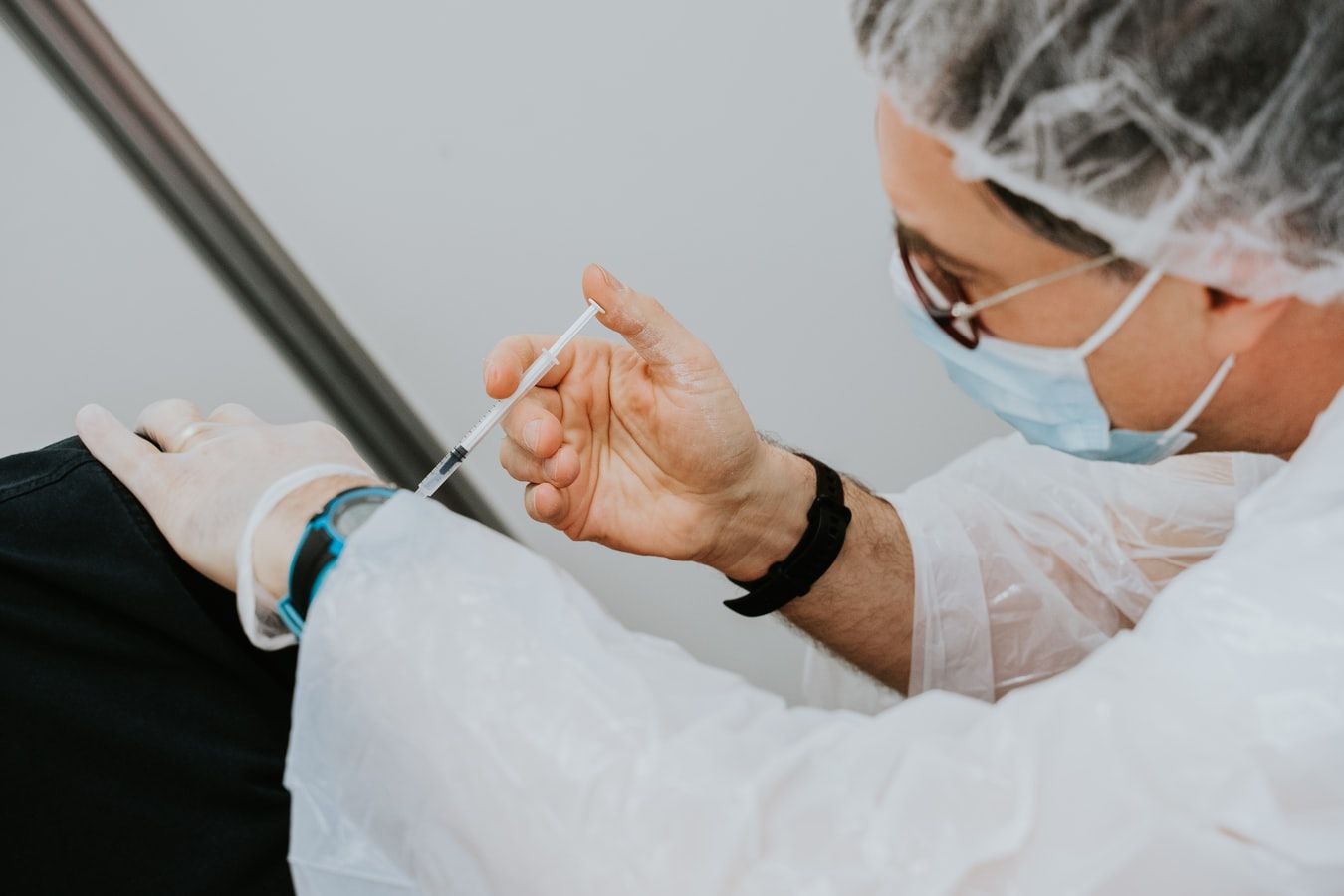Article
ID Hepatitis B Vaccination with Topical Imiquimod Safe for IBD Patients
Author(s):
The researchers found sero-protection rate at 12-month was significantly higher in the ID arm compared to the IM cohort.

An intra-dermal hepatitis B vaccination with topical imiquimod is both safe and effective for patients with inflammatory bowel disease (IBD).
A team, led by Kwan Lung KO, The University of Hong Kong- Queen Mary Hospital, Department of Medicine, compared the efficacy of intra-dermal hepatitis B vaccination with topical imiquimod with conventional intra-muscular hepatitis B vaccination in IBD patients.
The data was presented during the 16th Congress of European Crohn's and Colitis Organisation (ECCO).
IBD patients are often immunocompromised and can be at risk of various opportunistic infections including viral hepatitis. The current recommendations for HBV prevention is vaccination, but efficacy with conventional intra-muscular hepatitis B vaccination in IBD patients is suboptimal.
Intra-dermal vaccination could be an effective way to augment immune response to individuals with a poor response to vaccinations and topical imiquimod, a synthetic agonist of toll-like receptor 7 could further boost immunogenicity when applied to the injection site prior to intradermal vaccination.
In the double-blind, randomized-controlled trial, the researchers examined 104 IBD patients with no evidence of active or past infection nor history of vaccination such as negative serology to all HBsAg/Anti-HBc/Anti-HBs. The mean age of the patient population was 46 years old and half the patients had Crohn’s disease and half had ulcerative colitis.
Each patient was randomized in an equal ratio to receive either intra-dermal recombinant hepatitis B vaccine with topical imiquimod pre-treatment to site of injection (ID) (n = 53) or intra-muscular recombinant hepatitis B vaccine with topical aqueous cream (IM) (n = 51).
Each patient received 20 mcg of the Engerix vaccine at 0, 1, 6 months.
The researchers sought primary outcomes of the sero-protection rate at 12-month, defined as percentage of recruited subjects with anti-HBs titre ≥ 10 mIU/mL.
A total of 15% of patients received steroids, while 55% were treated with immunomodulators and 22% received biologics.
The baseline demographic, disease characteristic, and laboratory parameter were all comparable between the ID and IM groups.
The researchers found sero-protection rate at 12-month was significantly higher in the ID arm compared to the IM cohort (91% vs. 69%, P = 0.005), while the percentage of good responders at 12 month (anti-HBs titre > 100 mIU/mL) was also higher in the ID arm than in the IM (77% vs 59%, P = 0.042)
After conducting a multivariate analysis, the researchers found the use of ID vaccine (OR, 4.45; 95% CI, 1.40-14.47) and a higher albumin level (OR, 1.30; 95% CI, 1.06-1.58) are associated with better sero-protection rate.
The safety profile was similar with no significant difference in adverse effects reported in (64% in ID vs 55% in IM).
“ID hepatitis B vaccination with topical imiquimod is safe and offers superior seroprotection against hepatitis B among IBD patients,” the authors wrote.
The study, “Intra-dermal with topical imiquimod pre-treatment versus intra-muscular hepatitis B vaccination in inflammatory bowel disease patients: a double-blind randomized controlled trial,” was published online by the European Crohn’s and Colitis Organization.




